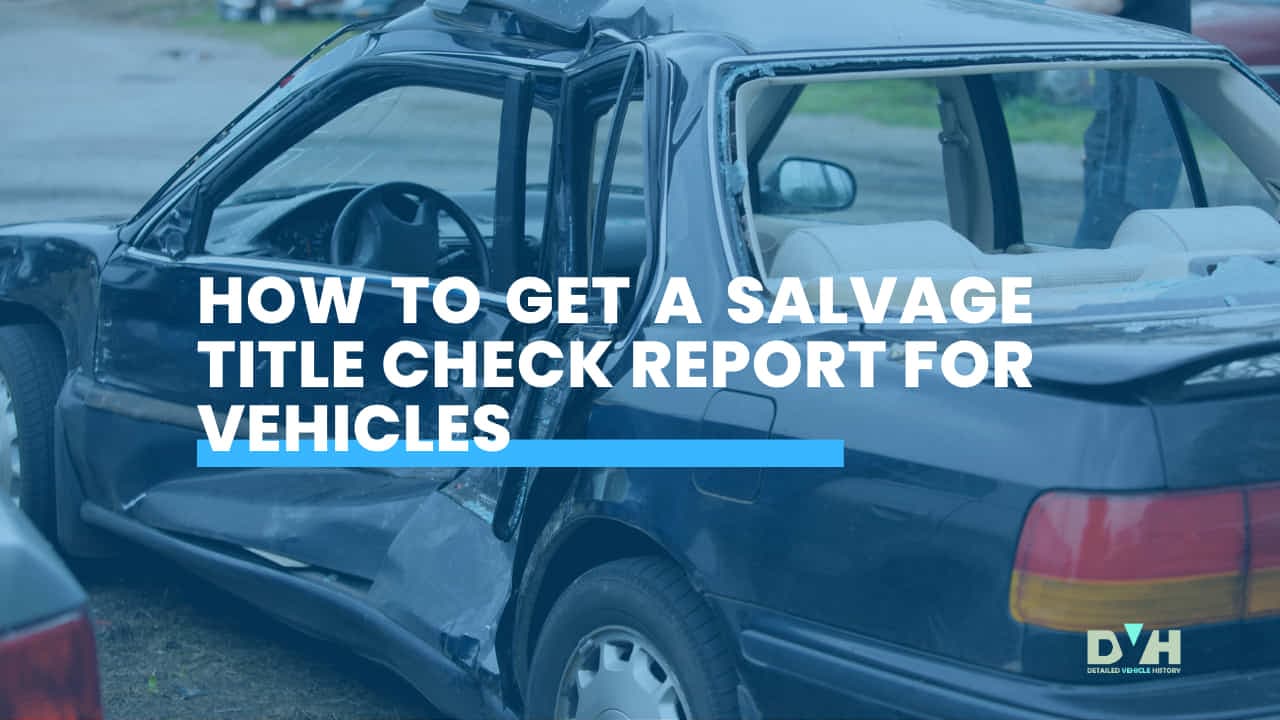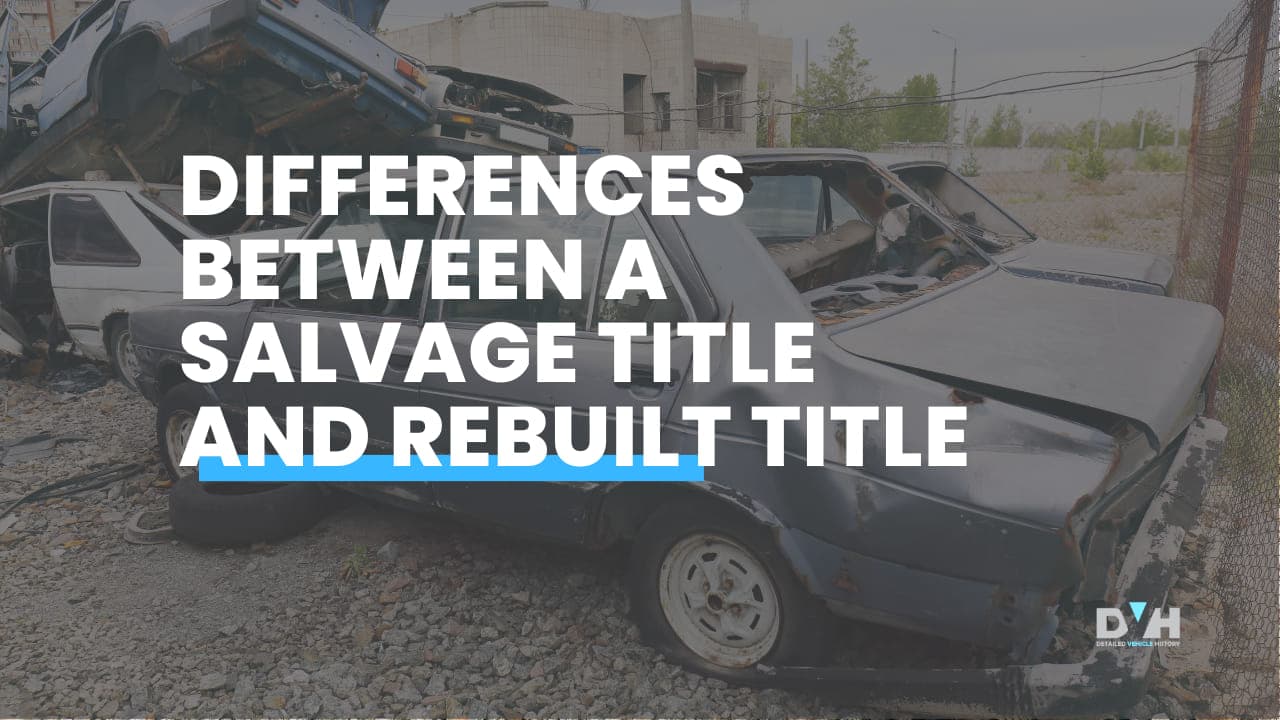Are there downsides to purchasing a salvage title?
Salvage vehicles are generally not recommended, as they come with a lot of potential defects even after repairs, and you may face some difficulties. Try to remember these before paying for that vehicle:
Difficulty Insuring the Vehicle
Insurance companies may be hesitant to provide coverage for a salvage title vehicle, which can make it challenging to obtain insurance. These companies see salvage cars as total losses, so they just don't want to have anything to do with them. This means that you must be careful before you make your decision. It's best to conduct research and find an insurance provider willing to insure a salvage car before you pay for it.
Difficulty Reselling the Vehicle
Since salvage title vehicles have been severely damaged, they may be more challenging to resell compared to clean-titled vehicles. These vehicles usually lose their value after they are declared total losses, and if purchased, they may yield nothing less than a few dollars. It's best to consider this before completing the payment.
Difficulty Finding Replacement Parts?
Salvage title vehicles may require unique replacement parts that are challenging to find, which can make repairs more expensive.
Now, let's get down to business.



